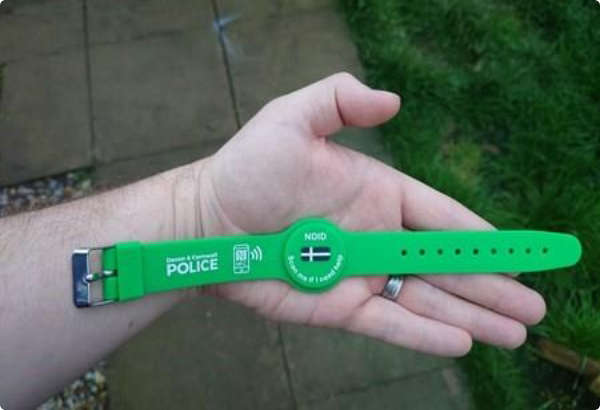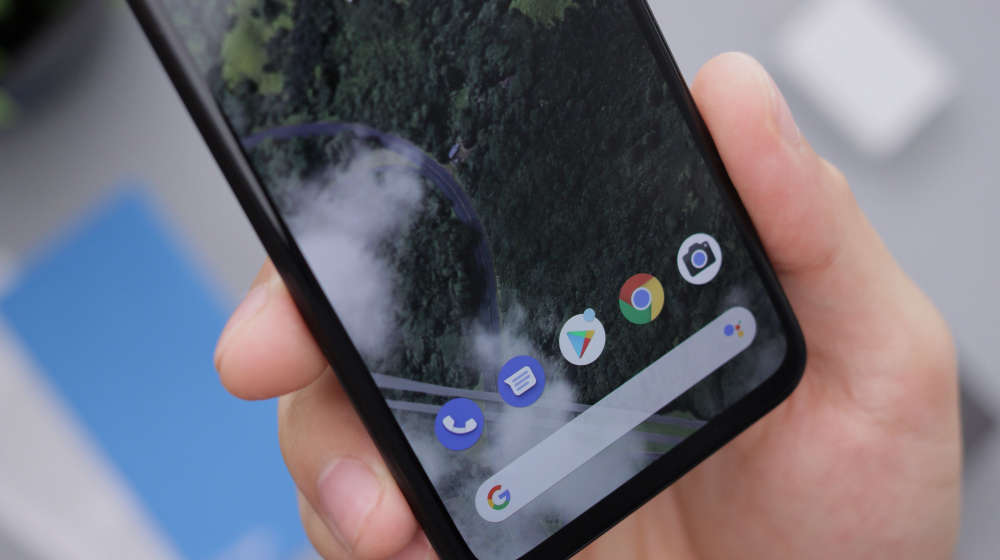
Force admit getting it wrong in the past
Devon and Cornwall police have launched a pilot aimed at improving the way blue light services support neurodivergent people in emergencies.
Neurodiversity involves a spectrum of conditions that affect the way the brain interprets the world, and can include ADHD, dyslexia, Tourette’s and autism.
The pilot, targeted for Cornwall, involves using green wristbands known as 'Neurodivergent ID's' (NDIDs) that, when scanned by the emergency services, provide vital information about the person and their health conditions, including how they best communicate, contact information for their next of kin, and any medical conditions.
The force said the aim was to improve communication between police officers and other emergency services with the wearer.
They worked with The Autistic Community of Cornwall, the National Police Autism Association and the National Youth Neurodiversity Council to create the wristbands.
PC John Holland said, "We know that emergency situations can sometimes be overwhelming, the wristbands are about putting the person at the centre of our response so we can make sure our communication and care is appropriate from the very first moment."
“We know that we haven’t always got it right in the past, but these wristbands offer an opportunity for us to continue to progress and improve the service we provide to our neurodiverse community.”
One person in Devon who lives with autism called Meghan said, "I think the introduction of being able to have access to information on vulnerable people like those who are neurodiverse is extremely important and an incredibly valuable step in the right direction.
"However just knowing about someone's condition does not make you able to help them and i think its important that those within the emergency services are educated on these kinds of disorders too."
And Hattie, who has autism and ADHD, believes it is "beneficial" that the force has identified being able to ensure that neurodiversity is made at the centre of emergencies so that needs are met, but also hopes it doesn't become the sole focus.
She doesn't want police to push limits, explaining "it’s important to remember that neurodiverse individuals are aware of their own actions, ie. if they commit a crime, whether they wear a wristband or not, it’s important that their treatment isn’t altered in that sense."
 Legal moves begin to evict Exeter travellers
Legal moves begin to evict Exeter travellers
 Don't fall for a deepfake this Valentine's
Don't fall for a deepfake this Valentine's
 Teignmouth Air Show cancelled again
Teignmouth Air Show cancelled again
 Leisure company gets £975,000 loan from council
Leisure company gets £975,000 loan from council
 Massive Exeter student flats block gets the go-ahead
Massive Exeter student flats block gets the go-ahead
 Giant solar plan on hold
Giant solar plan on hold
